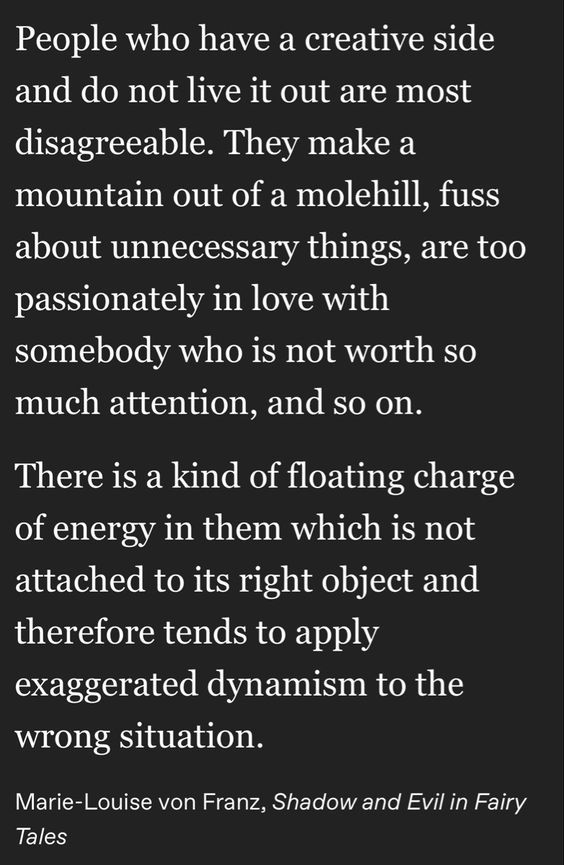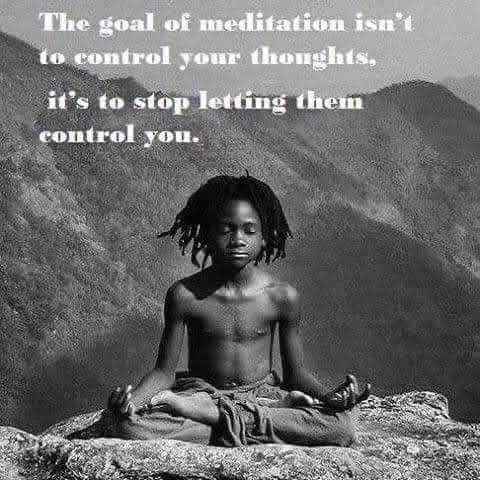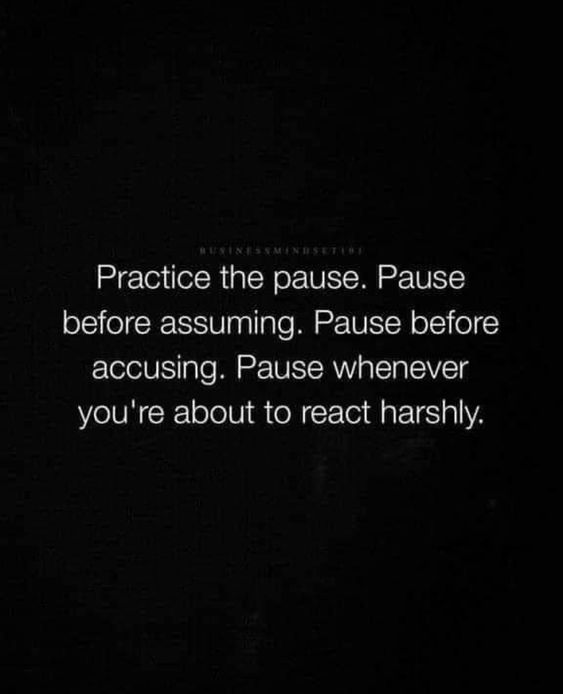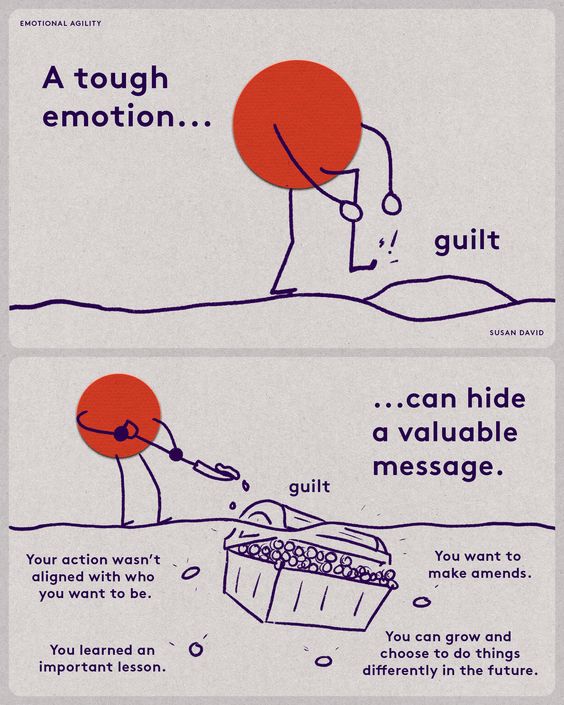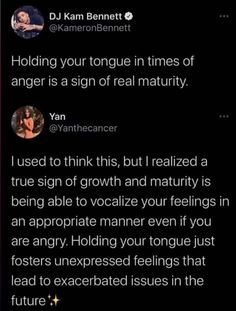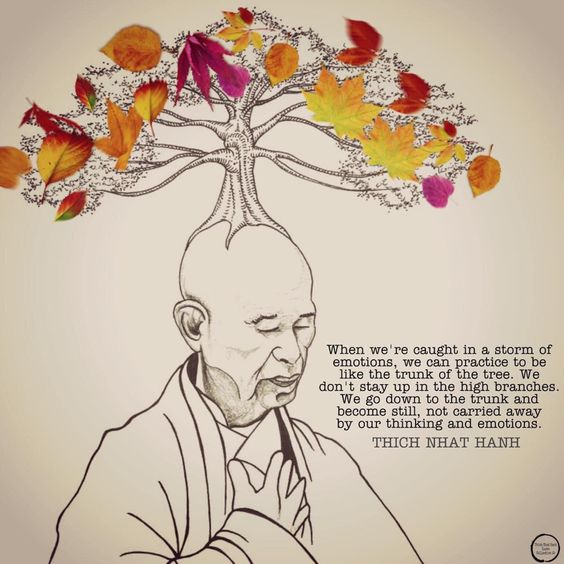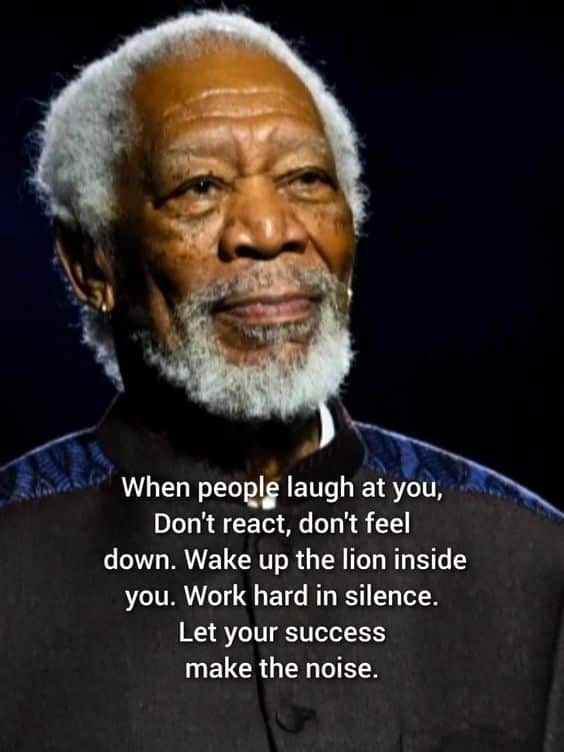“In Meditations, Marcus [Aurelius] talks about how he had a good day because he escaped anxiety. Then, he actually corrects himself, he goes ‘Actually, no, I didn’t escape it, I discarded it because it was within me.’ He’s realizing that he is the common variable in all the situations that cause him anxiety, just as you are. Anxiety is within us. We want to work on [controlling] it and thinking about it so it doesn’t rule our lives — or ruin our lives.”
Ryan Holiday
“Sadness, anxiety, grief, loss, fear and all other heavy emotions are a normal part of life. Trying to erase them is unrealistic. Instead, your energy is better spent feeling them in a balanced manner. Knowing that there is something in them for you to learn, to process, and to eventually let go. Letting yourself feel the heavy things is not the same as getting stuck in them. Being okay with not being okay is a skill that helps you not get dragged down by challenges.”
Yung Pueblo
“My suffering was entirely the product of my thoughts. Whatever the needs of the moment, I had a choice: I could do what was required calmly, patiently, and attentively, or do it in a state of panic. Every moment of the day—indeed, every moment throughout one’s life—offers an opportunity to be relaxed and responsive or to suffer unnecessarily.”
Sam Harris, Waking Up (Page 95)
“One of the most commonly used mantras in buddhism focuses on controlling negative emotions: ‘Om mani padme hūm,’ in which om is the generosity that purifies the ego, ma is the ethics taht purifies jealousy, ni is the patience that purifies passion and desire, pad is the precision that purifies bias, me is the surrender that purifies greed, and hūm is the wisdom that purifies hatred.”
Héctor García and Francesc Miralles, Ikigai (Page 170)
“The storm may be powerful, but no storm is endless. Giving space to what you feel is always valuable because it is an essential part of healing and letting go, but if you let it take control then it will be too easy to fall into past patterns. Being with it is better than becoming it. There is a subtle space you should become more familiar with, the space where reclaiming your power is truly possible – the space where you can feel a fire burning within you without giving it more fuel.”
Yung Pueblo
“Anger is easy. It’s easier to be angry than hurt. Being angry is active, it’s aggressive, it’s distracting. Hurt is acceptance. It’s something you sit with. It’s something you wish you didn’t feel, but you do. It’s something you wish hadn’t happened, but did. When Marcus Aurelius said it wasn’t manly to get angry, perhaps this is what he was saying. That the childish thing is to yell about and fight about and reject the hurt that you feel. The adult thing is to try to understand it, to come to terms with it, to understand that—like all things—it will pass, and that if you’re patient and have perspective, it will help. The responsible thing is to explore the roots of an emotion, to ask why you’re feeling a particular way, why something was so triggering or painful and to try to deal with that.”
Ryan Holiday
“Misery has no outer cause; the cause is inner. You go on throwing the responsibility outside yourself, but that is just an excuse. Yes, misery is triggered from the outside, but the outside does not create it. When somebody insults you, the insult comes from the outside, but the anger is inside you. The anger is not caused by the insult, it is not the effect of the insult, If there were no anger energy in you, the insult would have remained impotent. It would have simply passed, and you would not have been disturbed by it.”
Osho, Everyday Osho (Page 175)
“It is only when you live with something intimately that you begin to understand it. But the moment you get used to it—get used to your own anxiety or envy or whatever it is—you are no longer living with it. If you live by a river, after a few days you do not hear the sound of the water anymore, or if you have a picture in the room which you see every day you lose it after a week. It is the same with the mountains, the valleys, the trees—the same with your family, your husband, your wife. But to live with something like jealousy, envy or anxiety you must never get used to it, never accept it. You must care for it as you would care for a newly planted tree, protect it against the sun, against the storm. You must care for it, not condemn it or justify it.”
J. Krishnamurti, Freedom From The Known (Page 70)
“There is no commandment that says we have to be upset by the way other people treat us. The reason we are upset is because we have an emotional program that says, ‘If someone is nasty to me, I cannot be happy or feel good about myself.’ …Instead of reacting compulsively and retaliating, we could enjoy our freedom as human beings and refuse to be upset.”
Thomas Keating, via Think Like A Monk (Page 28)
“When you get stressed—what changes? Your breath. When you get angry—what changes? Your breath. We experience every emotion with the change of the breath. When you learn to navigate and manage your breath, you can navigate any situation in life.”
Jay Shetty, Think Like A Monk (Page xviii)
